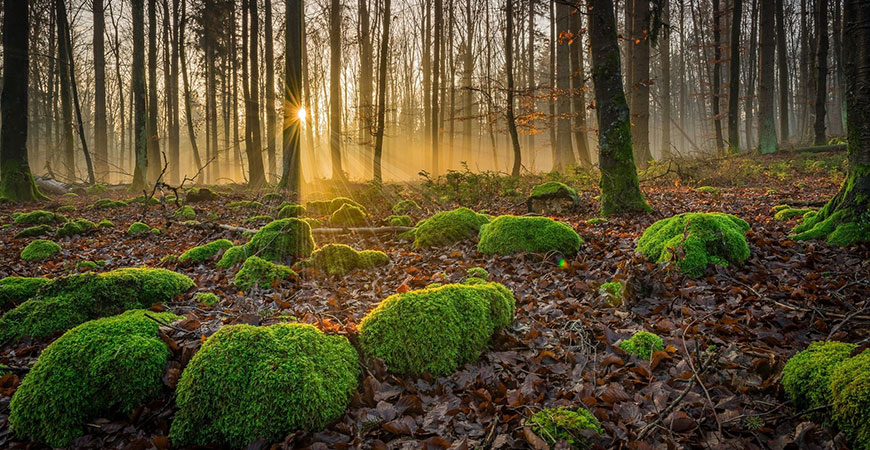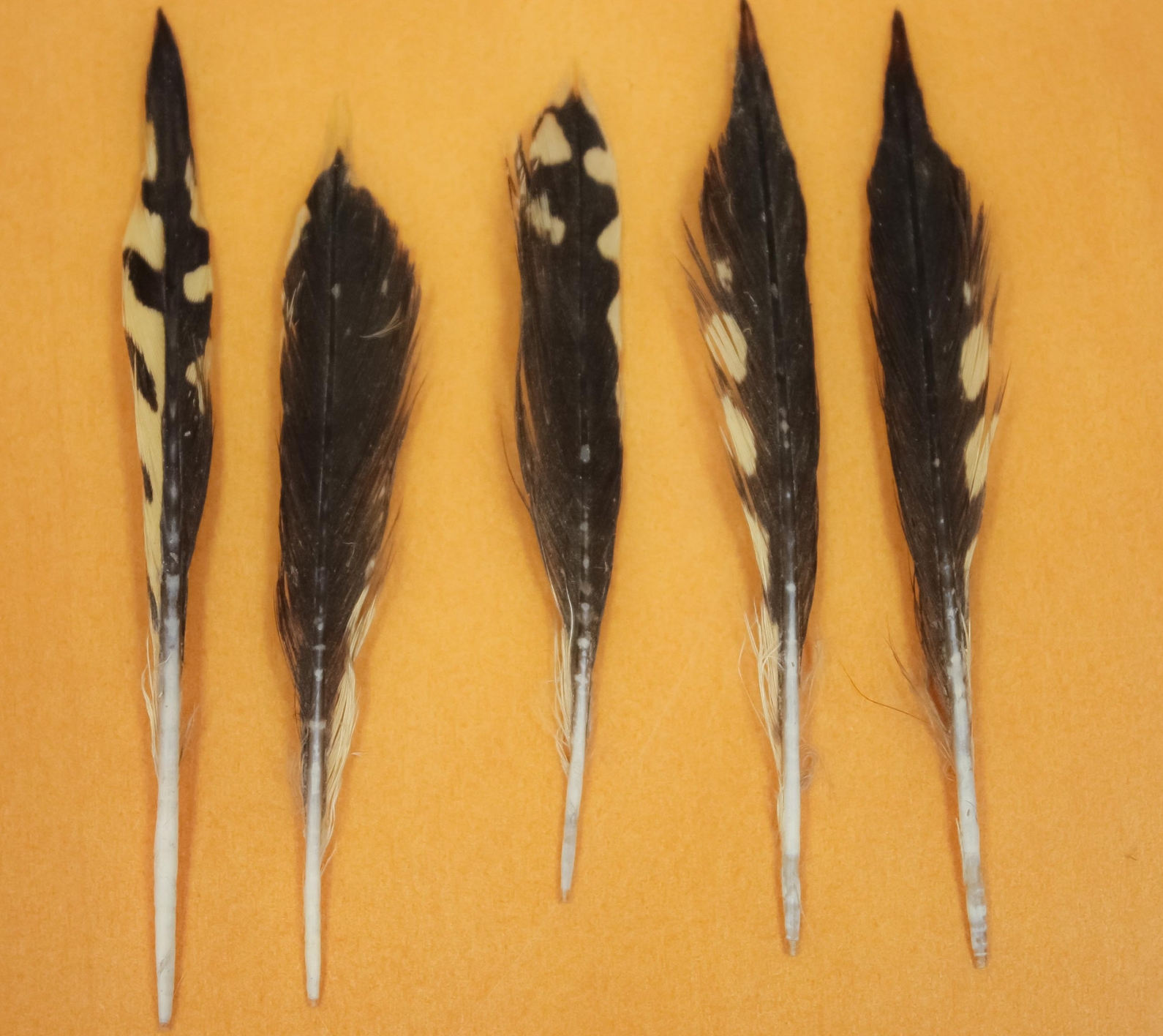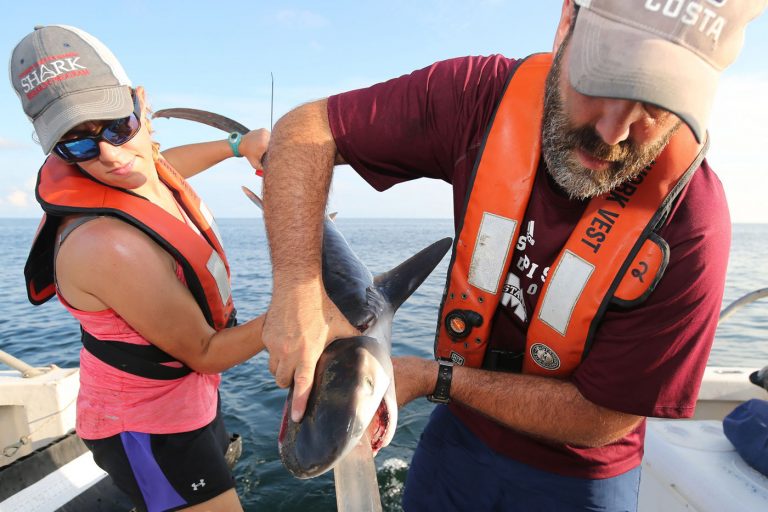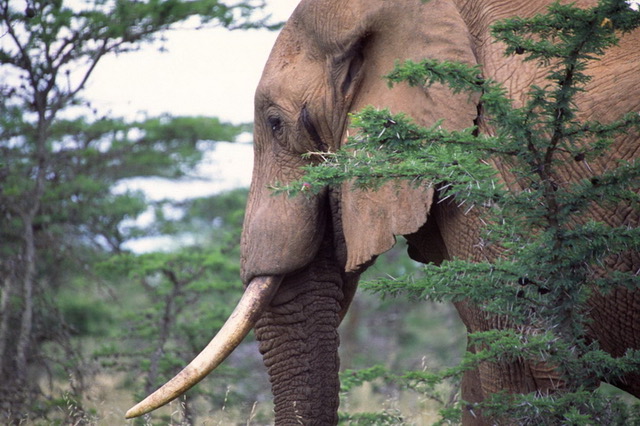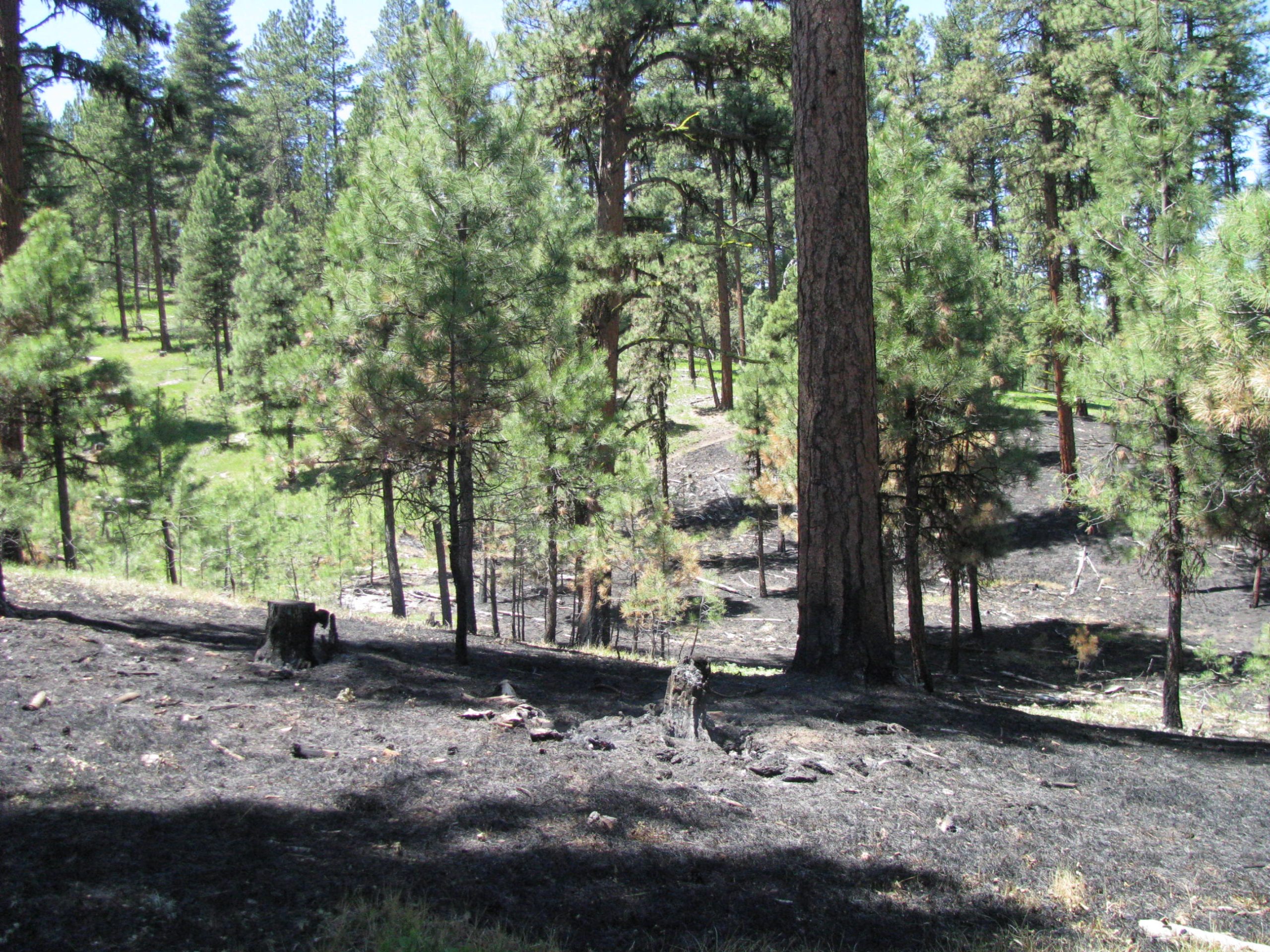
Prescribed Burns Over the Long Haul: Ponderosa Pine Vegetation Resists Effects of Low-Severity Fire
By U.S. Forest Service – Pacific Northwest Research Station 5/23/2019 Prescribed burning is an important active management approach that can address the fuel buildup and wildfire hazards that currently face western forests after a century of fire exclusion and suppression. Although prescribed burns are applied widely across the United States, their effects aren’t always well-documented. That means managers can’t…
